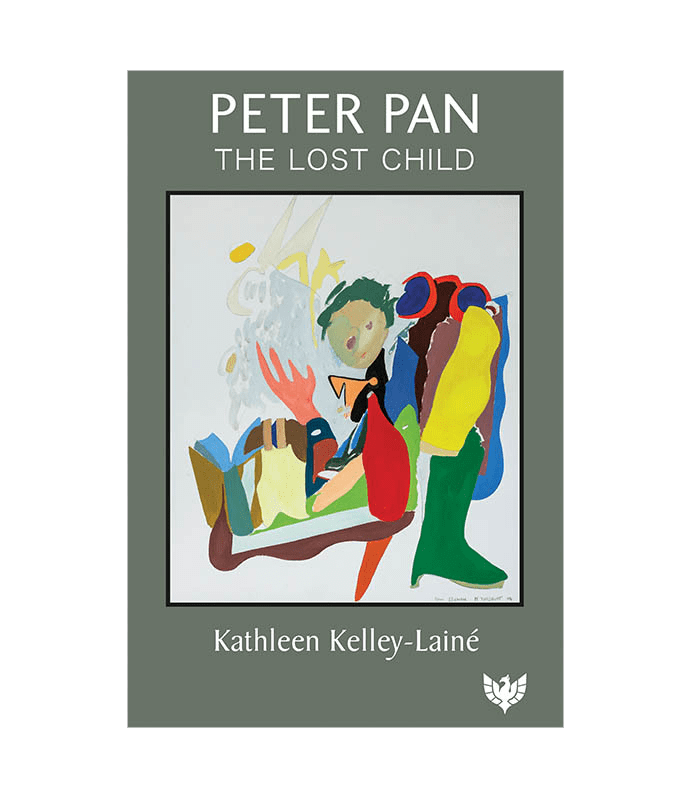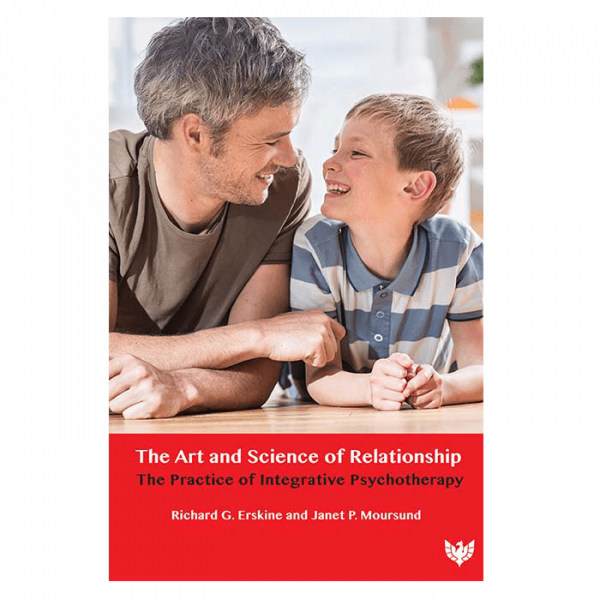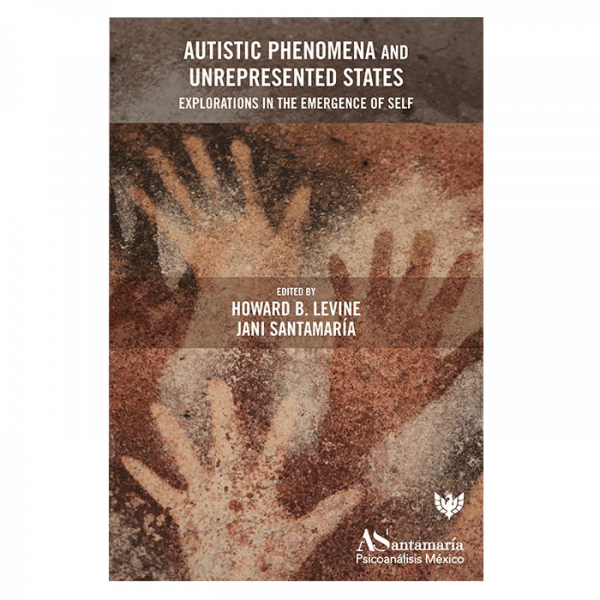The story of Peter Pan has fascinated young and old audiences for over one hundred years. Many of us have aspired to fly with him to Neverland, to taste the freedom of soaring over life’s worrying details. Others sense that there is a dark side to the story but don’t quite know what to do with it. The author, James Mathew Barrie, defines Peter Pan as ‘gay, innocent and heartless’.
In Peter Pan, the Lost Child, psychoanalyst Kathleen Kelley-Lainé explores Peter Pan’s light-hearted escapades and uncovers a sad, lost child behind the ‘baby tooth’ smile. She uses the story as a framework for the stories of her patients to show how their own Peter Pan manifests, giving a unique insight into how childhood events can block growth into adulthood. She also investigates the sinister side of author James Mathew Barrie as it relates to his Peter Pan tale, and addresses her own family history and its links to The Boy Who Would Not Grow Up. Little by little, as the book progresses, Kelley-Lainé’s lost childhood emerges as a child who fled with her family from war-torn Hungary after the Second World War to the ‘promised land’ of Canada.
These three interwoven storylines take the reader on a literary journey to uncover secrets and hidden emotions. Kelley-Lainé makes clear that the child who cannot grow up, the Peter Pan raging inside the adult, needs to be heard and understood. Only then can that lost child have a chance to find the road to maturity.





 Kathleen Kelley-Lainé is a trilingual psychoanalyst working in private practice (English, French and Hungarian). She is an active member of the Société Psychanalytique de Paris, the European Psychoanalytical Federation, the International Psychoanalytical Association, and the International Sándor Ferenczi Society. She is internationally known for her many conferences, published articles in psychoanalytical journals and books. Her most well-known book published in French Peter Pan ou l’enfant triste was translated into English, Hungarian, and Greek and is still in circulation since 1992.
Kathleen Kelley-Lainé is a trilingual psychoanalyst working in private practice (English, French and Hungarian). She is an active member of the Société Psychanalytique de Paris, the European Psychoanalytical Federation, the International Psychoanalytical Association, and the International Sándor Ferenczi Society. She is internationally known for her many conferences, published articles in psychoanalytical journals and books. Her most well-known book published in French Peter Pan ou l’enfant triste was translated into English, Hungarian, and Greek and is still in circulation since 1992.
Jay Frankel, Adjunct Clinical Associate Professor and Clinical Consultant, Postdoctoral Program in Psychotherapy and Psychoanalysis, New York University –
‘Interweaving explorations of Peter Pan, Pan’s creator J. M. Barrie, and the author’s own rich and difficult early years – with appearances by Sigmund Freud and some of her own patients – Kathleen Kelley-Lainé offers us an absorbing exploration of the trauma of losing one’s childhood. I read the first edition many years ago, but this updated edition pulled me right back in again. Kelley-Lainé’s book is both psychoanalytically sophisticated and compelling – she helps us really see what happens to, and within, the children she writes about. Her unique voice, and the truth and wisdom of her story, speak to everyone. I recommend this wonderful book most highly.’
Jan Abram, training analyst, British Psychoanalytical Society and author of ‘The Surviving Object: Psychoanalytic Clinical Essays on Psychic Survival-of-the-object’ –
‘In this remarkable book, the psychoanalyst Kathleen Kelley-Lainé weaves together three very different narratives – the story of Peter Pan, J. M. Barrie’s biography, and her own traumatic story of escape and exile. The “lost child” invokes both Ferenczi’s “wise baby” and Winnicott’s psychic “survival-of-the-object”, inspiring the reader to explore their own inner story. This creative and moving endeavour changes the meaning of Peter Pan forever.’
Bruce Kidd, Professor Emeritus of sport and public policy, University of Toronto –
‘This is a beautifully written, poignant, and far-ranging contribution. Through the frame of James Barrie’s Peter Pan, Kathleen Kelley-Lainé illuminates the perils and possibilities of childhood and parenting with episodes from her own traumatic life and insights from her Paris-based practice in psychoanalysis, against the backdrop of the worldwide transformations since World War Two. Anyone brave enough to reflect upon their own childhood in the context of social change will gain immeasurably from her analysis.’
Dame Ruth Silver, consultant educationalist and policy adviser, president of the Further Education Trust for Leadership, and patron for the Centre for Social Dreaming –
‘This is a gift of a book and for many audiences. Creatively structured, exquisitely written, this illuminating exploration of the parallels in fairy and family tales weaves biographical facts and revelatory fiction through psychoanalytical knowledge and long experience to make new and expanding meaning in our lives and the lives of children – and parents. The generous glimpses into the author’s consulting room forge a confidence to and in this work of understanding the genealogy of damage; more importantly, her clever compassion and humanity model ways of repair. In our lost world, this is a book for now. It is a book to savour, encountering as we do in the words of the author “the elements of identity” and the possibility of restoration. It is a work in which you will meet yourself.’
Michael Newton, author of ‘Savage Girls and Wild Boys’ and editor of ‘Victorian Fairy Tales’ –
‘In this fabulous piece of writing, Kathleen Kelley-Lainé intertwines her own voice with J. M. Barrie’s Peter Pan, folding fantasy into psychoanalytic exploration, entangling memoir within that impossible classic. She has written a reflective, sprightly book, as full of twists and turns as J. M. Barrie’s eternal boy himself. I have never encountered a book like it before, and I am glad to have grasped its hand and taken that flight out again with it back to childhood and to Neverland.’
Maia Kirchkheli, ‘Infant Observation’, ‘International Journal of Infant Observation and Its Applications’, 2023 –
‘Ultimately this book is about remembering, experiencing and working through the author’s own traumatic history until the last page. Shaping trauma into a story is transformational and so is the experience of reading it. Kelley-Lainé raises existential questions through her earnest quest for restoring the lost continuity of being. Questions are the loose ends that readers can use to find and weave their own stories. It is an inspiring read.’
Endre Koritar MD, FRCPC, FIPA, The American Journal of Psychoanalysis, 2024, 84, (130–133) –
‘Kelley-Laine provides the reader with profound insights into an experience that many analysts witness in their practice: arrested development, as well as proposing a cogent hypothesis alluding to its etiology. […] Kelley-Laine has provided her readers with a new perspective of the analytical process. Peter Pan: The Lost Child, written in a literary style, reads more like a historical novel, but at the same time succeeds in constructing a forceful psychoanalytic narrative of the lives of the author and J.M. Barrie, and Peter Pan.’